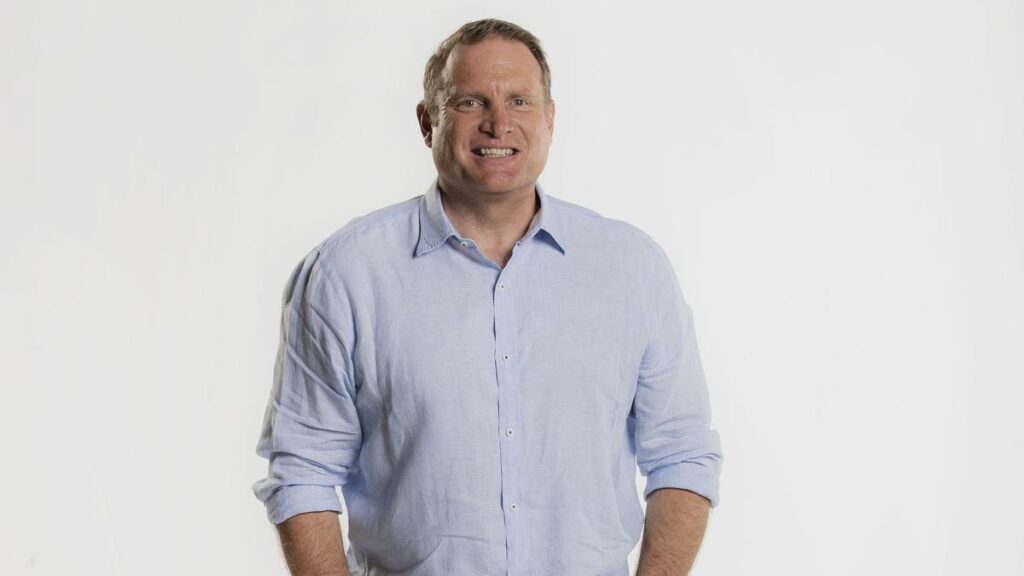It’s been a sad old time in Barra-land so I’m hoping you won’t mind if this week, I discuss something extremely frivolous. Or is it frivolous?!
It’s wild just how much sport means to people in this country. As a nation we should probably be a little embarrassed about just how highly sport ranks in our public psyche.
As the late Donald Horne wrote (well complained, actually) in his book The Lucky Country, ‘‘sport, to many Australians, is life and the rest a shadow . . . It is considered a sign of degeneracy not to be interested in it”.
If you resemble those comments, don’t feel bad: you’re in good company. Happy is the country that is more interested in sport than in politics, I always say.
The truth is, many of us get a lot of our culture and identity from sport. It’s not just a leisure-time activity, but a big part of our lives.
If you’re struggling to connect or even make conversation with your neighbours, throw in this line — “what about those Eagles?” — and see how you go.
There is a remarkably deep-seated connection between Australians and our sporting teams, and the drama of sport has the power to bring people together.
The other thing I don’t think we appreciate fully is that sport not only bonds people and strengthens communities, but helps promote our State on the national stage.
If we are hosting some of the Australia’s biggest sporting events, we are showcasing West Australian excellence and expertise in everything from innovation, tourism, services and products.
Having said all that, and thrown my support behind this State’s push to attract big events to WA, I still think we are running behind the fans of the English Premier League in terms of passion and commitment.
Just take a look at the hysteria surrounding Tottenham Hotspur winning the Europa League.
Spurs hit a grim milestone this season: their worst-ever Premier League season but that has all been overshadowed by Ange Postecoglou making history, ending the club’s 17-year trophy drought by claiming a dramatic 1-0 victory over Manchester United in the final in Bilbao.
The celebrations have been extensive and colourful, with tens of thousands of jubilant Spurs fans lining the streets of north London last week for an open-top bus victory parade.
I’ve even seen people getting crazy tattoos to commemorate this apparently unforgettable moment in the history of the club.
In the final against United, there was a moment of pure instinct, a stunning show of agility, by Micky van de Ven.
His goal-line clearance has been described as “poetry in motion” as the Dutch defender, with a less than a second to make up his mind, flew high, with his foot in the air, to somehow hook the ball away.
His version of events went like this: “In the game, I saw the ball coming, I don’t know what happened, I saw the ball coming back and went to the goal line . . . the ball went high up in the air, and I thought, ‘how am I going to do this?’ I thought, ‘I just need to try’, and then I got it out of the goal, I don’t know how”.
Anyway that one effort has now been permanently tattooed on many, many chubby arms and shaved backs in north London, a display of passion and love for the moment that we probably haven’t seen very often in Australia.
To say it was an eyesore would be a compliment. The tatt ranks up (or down?) there with Mike Tyson’s iconic face tattoo for things that probably weren’t a good idea.
Still despite England’s love of soccer, some would argue that Aussies are more “religious” about sport than about religion itself.
The stats I found are interesting: eight per cent of Australians go to church every week, compared to more than 80 per cent who are involved in a weekly sport.
As American writer Phyllis McGinley reportedly quipped, “in Australia, not reading poetry is a national pastime”.

